From the coastline to the mountain range, Virginia’s diverse geography makes this state favorable to all who live there. Take a hike through the Appalachian mountains or lay on the beach on the sandy shores of Sandbridge Beach; there are lots to see and do in Virginia. Although there are many great reasons to live here, there are also some drawbacks.
So whether you’re looking at homes for sale in Richmond, considering renting an apartmenct in Chesapeake, or want to weigh out the reasons to move to this state, here are ten pros and cons of living in Virginia.
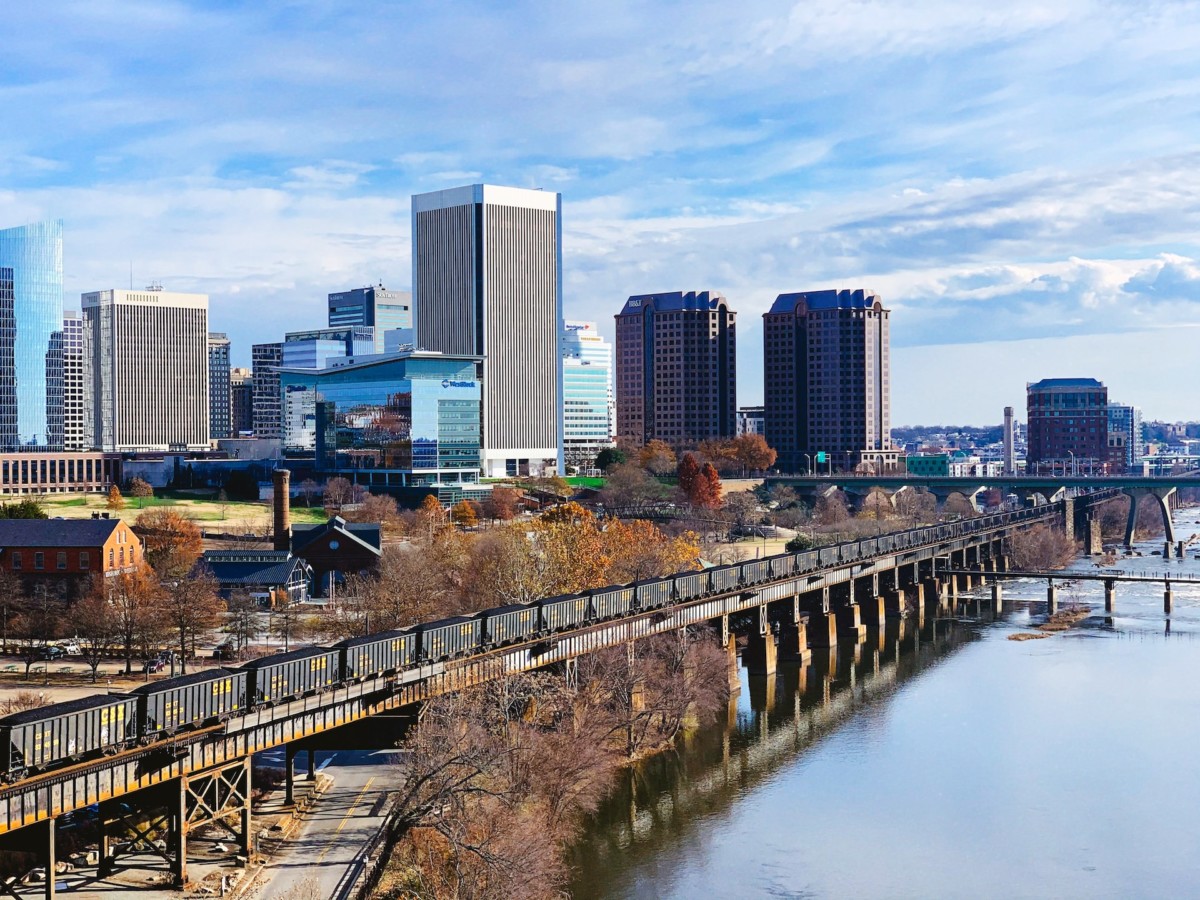
Pros of living in Virginia
1. The state has beautiful, diverse landscapes
Virginia is home to a very diverse landscape. From the famous Appalachian mountain range to the popular Virginia Beach coastline, you’ll never tire of all the beautiful scenery. There are tons of national parks in Virginia showcasing their unique beauty and large bodies of water. The Chesapeake Bay, the Potomac, and thousands of acres of wetlands offer residents a variety of places to explore.
2. There are historic sites and monuments all over the state
Virginia has a deeply-rooted history as the first state inhabited by colonists.. Virginia is known for having the first governing body and for being the site of battles from the Civil War and the American Revolution. You’ll find historic cities like Jamestown and Williamsburg and monuments like Thomas Jefferson’s home, Monticello, throughout the state. Take a tour of these historical landmarks or check out the Virginia Museum of History & Culture; there is much to learn about this state’s past.
Chris Colgan, a local real estate agent from Colgan Real Estate, recommends checking out Virginia’s battlefields. “The Manassas Battlefield is an amazing park to explore, hike, and learn about history since most Civil War battles were fought in Virginia. Also, Old Town Manassas has an event every first Friday of the month where they shut down the streets and have bands playing everywhere.”

3. Virginia has all four seasons
If you want to experience the warmth of the summer, the fall foliage, and the snow of the winter, Virginia is a state to consider. Virginia has five climate regions: Northern Virginia, Western Virginia, Piedmont, Tidewater, and Southwestern Mountain. And although these regions experience slight temperature changes, as a whole, most of Virginia has a humid subtropical climate. You can experience summer temperatures exceeding 85 degrees Fahrenheit, while southern and eastern parts of the state experience even higher temperatures ranging from 90-95 degrees Fahrenheit. Winters can be mild, with temperatures ranging from 30-50 degrees Fahrenheit, with January being the coldest month experiencing snow and ice.
Krystal Bilberry, a local artist shares, “I love that Virginia offers all four seasons, which you can enjoy in any setting you choose. My family loves to vacation in the beautiful mountains of the Shenandoah Valley in the spring and fall. We spend our summers at the beach in historic Yorktown or Ft Monroe in Hampton Roads. In Virginia, we’re always a short drive away from the country, the mountains, the beaches, or the city.”
4. Excellent public transportation options in large metros
Living in a northern city like Arlington means you’ll have access to excellent transportation. Northern Virginia has multiple public transportation options to get you where you need to go. In Large cities like Alexandria, you’ll find the Metrorail, Fairfax connector, trains, DASH bus, trolley, water taxis, and more. If you’re moving to Virginia and don’t have a car, consider moving to a northern city.
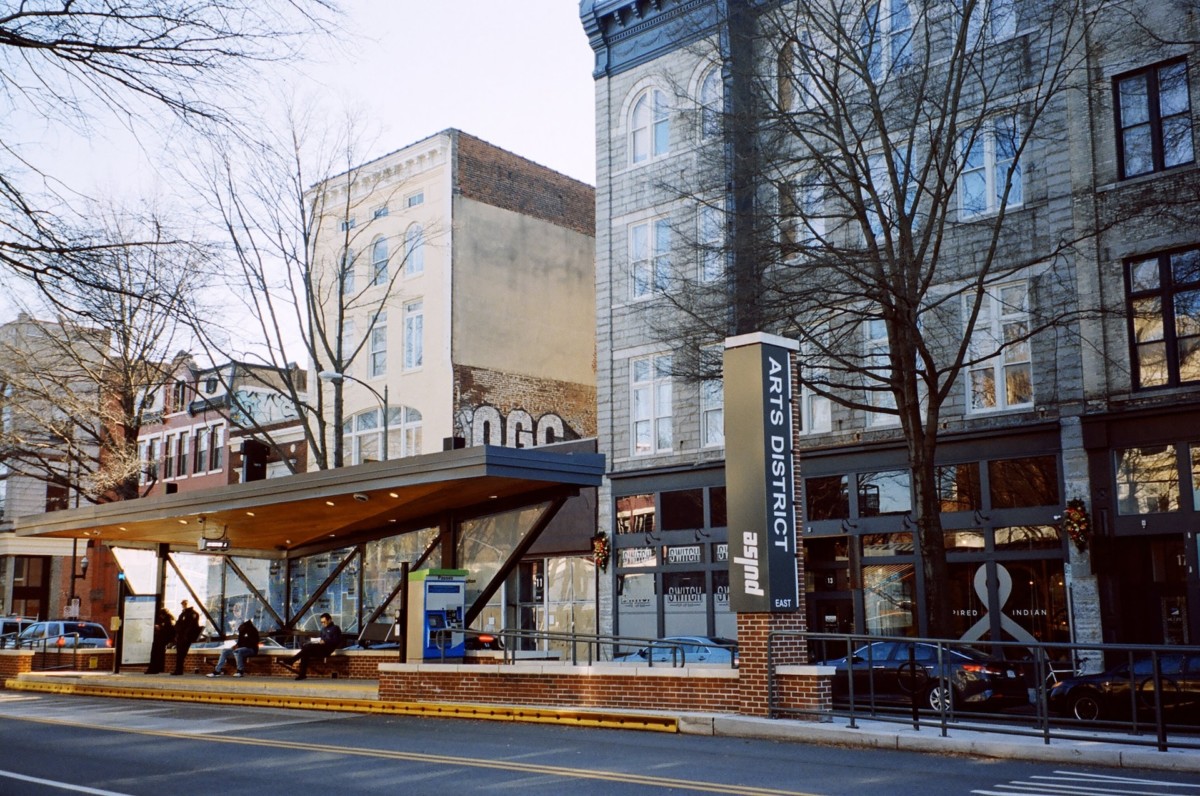
5. You can see underground wonders in Virginia’s caverns
There are nine caverns in Virginia that are available to explore. Two of the most popular attractions in the state are the Luray Caverns, a designated National Landmark located in Luray, and the Shenandoah Caverns. Since these awe-inspiring attractions hold a mild temperature underground, you’ll be able to explore these caverns at any time of year.
Your future home is just a tap away
Explore homes with the Redfin app anytime, anywhere.
Cons of living in Virginia
Your future home is just a tap away
1. Traffic can be terrible in major cities
As with many large metropolitan cities, traffic can be a problem in Virginia. Big northern cities, like Richmond or Springfield, experience the worst traffic since they are highly populated. Although multiple public transportation options are available in these northern cities, many residents drive, adding to the congestion. Planning is critical to avoid getting stuck in traffic if you have somewhere to be.
2. There are strange laws in the state
Residents of Virginia can agree that Virginia has a variety of strange laws. Recently, Chesapeake modified a 50-year-old law that banned individuals from trick or treating above 12. Now it’s above the age of 14. If you’re a hunting fanatic, you’ll also want to check out local laws about hunting practices. In Virginia, hunting animals other than raccoons on Sunday is illegal. It’s also unlawful to tickle women, another quirky law to add to the list.

3. Virginia has high sales and income tax
The tax rate in Virginia is relatively high compared to other states like North Carolina, which has a sales tax rate of 4.75%. The sales tax in Virginia is 5.3%, with additional income tax ranging from 2%-5.75%. If you are considering retiring in Virginia, the good news is that the state doesn’t tax social security income.
4. The air noise can be a nuisance near military air stations
Are you relocating to Virginia? You’ll want to consider where the military air stations are before you settle – the military controls around 11 airports. The air noise can be loud from the daily jet take-offs. The Naval Air Station Oceana is located in Virginia Beach and has over 165 take-offs a day.
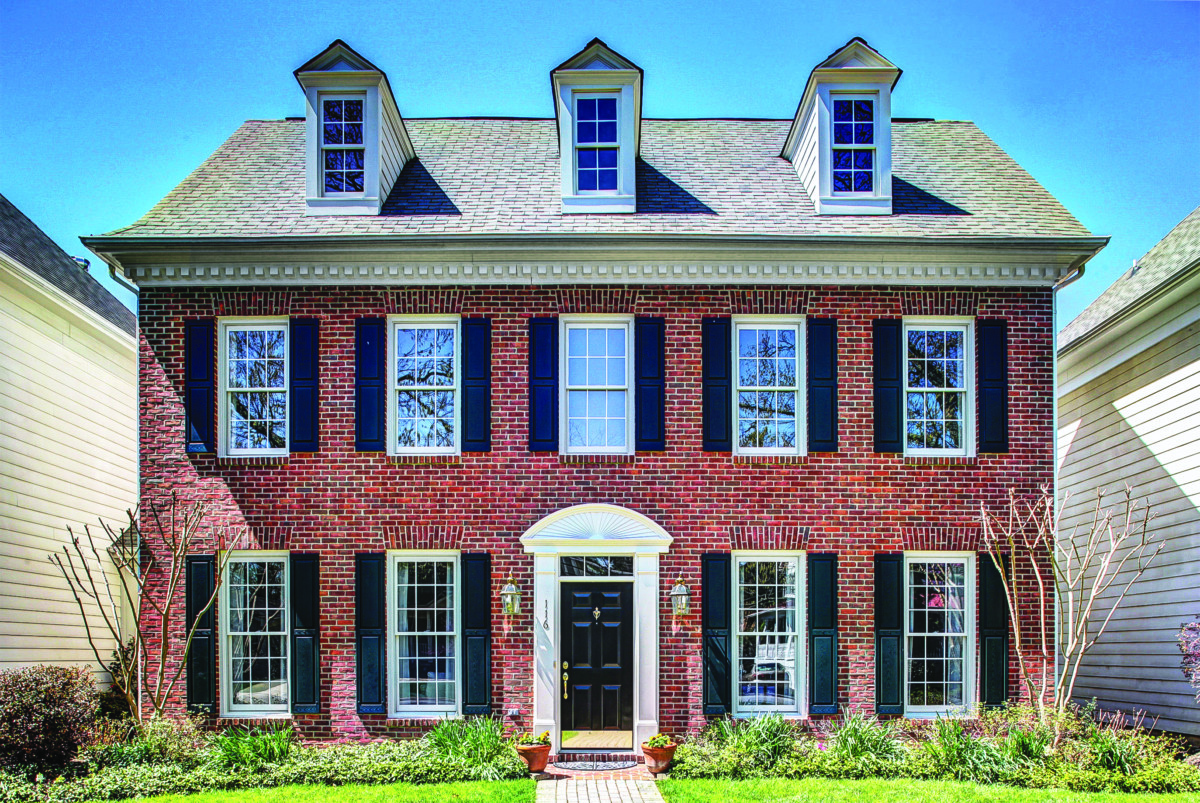
5. Virginia has a high cost of living
The median sale price for a home in Virginia is $405,000, up 4.6% YoY, compared to the neighboring state of Maryland, which has a median sale price of $396,400. Although the median sale price is lower than in states like New York, or Washington, Virginia has a higher median sale price than every state it borders. Homes in larger cities will be more expensive, so if you’re looking for a cheaper alternative, try smaller towns outside, like Martinsville or consider moving to an affordable Richmond suburb. And if you’re deciding which city to call home, using tools like a cost of living calculator will help you make an informed decision and help you budget your expenses.
Pros and cons of living in Virginia: Bottom line
Just like any state, there are pros and cons to living in Virginia. Make sure to consider them all carefully before making this state your home.





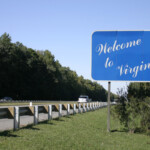



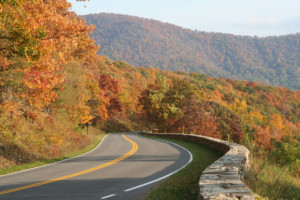


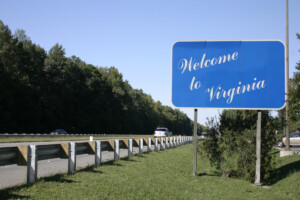













 United States
United States Canada
Canada